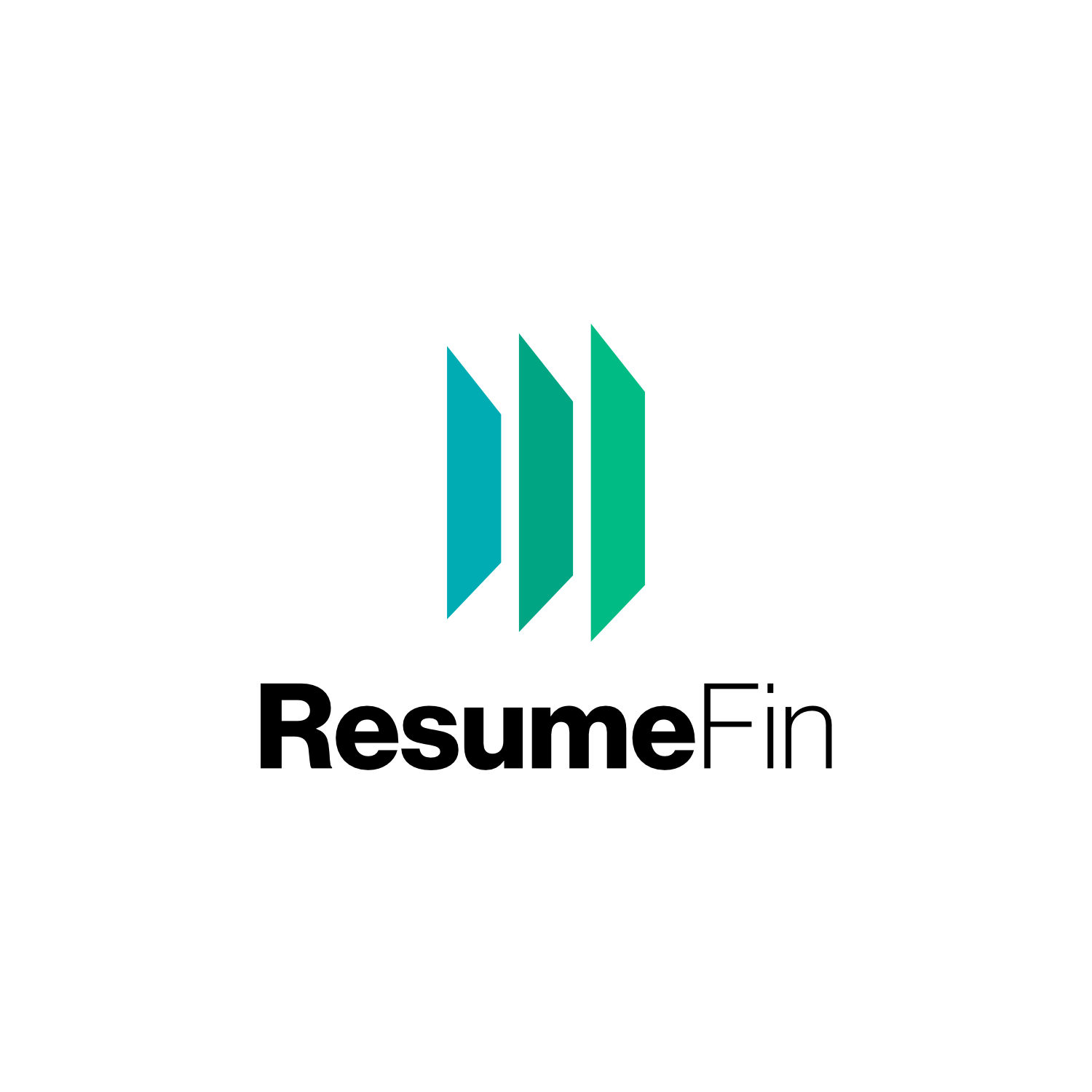How to Build Your Personal Brand: Establishing Yourself as an Industry Expert
- Carlos Stanza
- Mar 20, 2025
- 3 min read
Carlos Stanza
In today's competitive job market, having a strong personal brand is just as important as having an impressive resume. Whether you're a college student, an entry-level professional, or an experienced worker looking to land a high-paying job, establishing yourself as an industry expert can open doors to better opportunities.
But what exactly is a personal brand? Simply put, your personal brand is the image and reputation you create in your industry. It's how people perceive you based on your skills, expertise, and online presence. The good news? You have control over how you shape and develop it.
Here, I'll cover everything you need to know about building a compelling personal brand, from defining your niche to leveraging social media and networking. By the end, you’ll have actionable strategies to position yourself as a sought-after expert in your field.
1. Define Your Personal Brand
Before you start promoting yourself as an industry expert, you need to clarify what you stand for. Ask yourself these questions:
What skills and expertise do I want to be known for?
What unique value can I offer employers or clients?
How do I want people to describe me professionally?
What industries or fields am I passionate about?
Once you’ve identified your niche, craft a personal brand statement. This should be a concise sentence that highlights your expertise and value proposition. For example:
“I help businesses grow their online presence through data-driven digital marketing strategies.”
Your personal brand statement should guide everything you do, from the content you create to the way you present yourself in professional settings.
2. Build a Strong Online Presence
Optimize Your LinkedIn Profile
LinkedIn is one of the most powerful platforms for building your personal brand. Here’s how to make your profile stand out:
Professional Headshot: Use a high-quality photo where you look approachable and confident.
Headline: Clearly state your expertise and value proposition.
About Section: Write a compelling summary highlighting your skills, experiences, and career goals.
Experience & Skills: List your accomplishments and relevant industry skills.
Engagement: Share valuable content, comment on posts, and connect with industry professionals.
Create a Personal Website or Portfolio
A personal website adds credibility and serves as a hub for your achievements. Include:
A professional bio
Your resume or portfolio
Case studies or work samples
Testimonials from employers or clients
A blog showcasing your industry insights
If you need help crafting a resume that aligns with your brand, visit www.resumefin.com or contact me at carlos@resumefin.com.
3. Leverage Content Marketing to Showcase Your Expertise
Creating and sharing content is one of the best ways to establish yourself as an industry thought leader. Here’s how:
Write Blog Posts: Share your insights on industry trends, challenges, and best practices.
Post on LinkedIn & Twitter: Offer quick tips, career advice, and industry updates.
Start a YouTube Channel or Podcast: Discuss industry topics and interview experts.
Guest Post on Industry Websites: Contribute articles to reputable publications.
If you’re new to content creation, start by repurposing your past work experiences into lessons or case studies. Over time, this will help you gain credibility and a loyal following.
4. Network with Industry Professionals
Your personal brand isn’t just about online presence—it’s also about relationships. Networking can accelerate your growth by opening doors to mentorships, collaborations, and job opportunities. Here’s how to do it effectively:
Join Industry Groups: Participate in LinkedIn and Facebook groups relevant to your field.
Attend Conferences & Webinars: Engage with industry experts and build connections.
Connect with Influencers: Follow and interact with leaders in your industry.
Engage on Twitter & LinkedIn: Comment on posts and contribute to discussions.
Remember, networking is about giving as much as receiving. Offer value, share insights, and support others in their professional journey.
5. Personal Branding Mistakes to Avoid
Many professionals make the mistake of treating personal branding as self-promotion rather than adding value. Avoid these pitfalls:
Being Inconsistent: Ensure your messaging is clear and uniform across all platforms.
Focusing Only on Self-Promotion: Share useful content rather than constantly advertising yourself.
Neglecting Engagement: Respond to comments, messages, and network proactively.
Not Updating Your Skills: Stay ahead by learning new industry trends and technologies.
Conclusion
Building a strong personal brand is a long-term investment, but the rewards are worth it. A well-established brand can help you land high-paying jobs, attract professional opportunities, and position yourself as a leader in your industry.
Ready to elevate your career? Start by optimizing your resume and LinkedIn profile today! Visit www.resumefin.com or email me at carlos@resumefin.com for professional resume writing services that help you stand out.
Works Cited
Clark, D. (2021). Stand Out: How to Find Your Breakthrough Idea and Build a Following Around It. Harvard Business Review Press.
Gresham, L. (2023). "The Importance of Personal Branding in Today’s Job Market." Forbes.
Schawbel, D. (2023). Promote Yourself: The New Rules for Career Success. St. Martin’s Press.
LinkedIn. (2023). "How to Build a Professional Brand on LinkedIn."






Comments